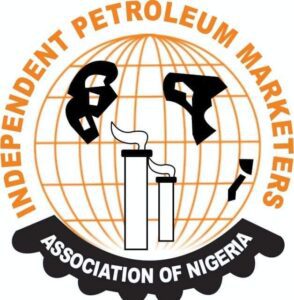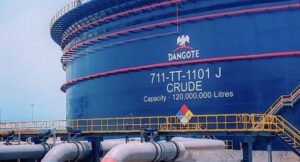LCCI, expert fault labour’s position on fuel subsidy, refineries
The Lagos Chamber of Commerce and Industry and energy experts have expressed divergent views on the demand by labour that the pump price of petrol should not be increased until the country’s refineries are fixed.
The Nigeria Labour Congress said last week that it had listed key issues that should be addressed before the Nigerian National Petroleum Corporation would adjust the pump price of Premium Motor Spirit (petrol).
It specifically stated that one of such items was that the national oil company must fix the country’s refineries in order to cut down on the importation of refined petroleum products into the country.
“The position of labour on this issue is popular, but not fiscally and economically sustainable. It is putting the future of the country at great risk,” the Director-General, LCCI, Dr Muda Yusuf, told our correspondent.
According to him, the Nigerian economy cannot survive the subsidy-induced headwinds for long.
He said, “Labour needs to come to terms with the high macroeconomic and systemic risks that the continuation of the subsidy regime poses for the country.
“Over the past three decades, the policy of public sector dominance of the downstream petroleum sector had effectively blocked private investment in the sector. The economy is now paying a huge price for decades of an inappropriate policy choice.”
Yusuf said Nigeria should draw appropriate lessons from the collapse of the Venezuelan economy, adding that the Latin American country got entangled in an unsustainable petroleum subsidy regime that eventually led to the collapse of its economy.
He said, “Labour and government should come up with creative and innovative ways of cushioning the effects of subsidy removal rather than insist on a policy that could pull down an already fragile economy.
“The country does not have the fiscal space to continue on the current policy path. Labour needs to rethink its position in the larger interest of the economy and the entire citizens of the country.”
An energy economist, Prof. Adeola Adenikinju, said, “The maintenance of subsidy has brought us to a level where we have completely mismanaged the downstream sector.
“It has had a negative impact on our foreign reserves, exchange rate, government revenue, and the capacity of the Federal Government to perform its responsibilities.
“I don’t know why anyone wants subsidy to continue. It has made Nigeria, which is the largest exporter of crude oil in Africa, the largest importer of petroleum products on the continent. It is a paradox.”
Adenikinju said successive governments had tried but failed to repair the refineries.
He said, “We have refineries gulping billions of naira monthly, producing no oil; employees receiving salaries while doing nothing. We should not continue to support this; we should learn from history.
“Labour should find other ways to hold the government accountable, rather than holding on to subsidy maintenance.”
However, a public policy analyst and oil and gas expert, Mr Bala Zakka, in a telephone interview with our correspondent, described the demands of the NLC as ‘completely realistic.’
He said, “If our local refineries become functional, there will be no need for price increase because of the many add-ons during importation such as cost of the vessel, sea transportation, security, insurance, port landing charges, depot holding charges and others will be eliminated.”
Zakka said focused and organised leaders save their countries from economic slavery.
The NNPC had said last month that there would be no increase in the ex-depot price of PMS in May.
The Group Managing Director, NNPC, Mele Kyari, said on March 25 that the Federal Government was subsidising petrol with about N100bn to N120bn monthly.




